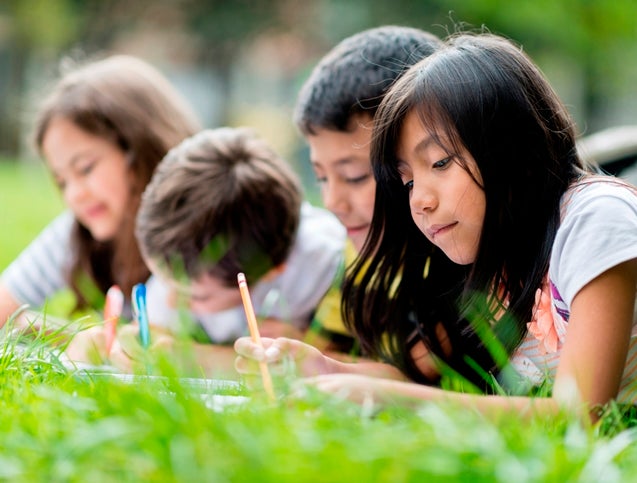Yesterday, Colombia celebrated the Day of Education Excellence or “E Day”. Throughout the day, public and private education institutions got to know and discussed the results of the “Synthetic Index of Education Quality”, a comprehensive measurement of the performance of public and private schools produced by the Ministry of National Education (MEN) and the Colombian Institute for the Evaluation of Education (ICFES).
Each school received an “Excellence Report 2015”, which detailed their performance on a scale of 1-10, by level of education: primary (grades 1-5), basic secondary (grades 6-9) and middle school (10 to 11 grades). The Index measures student learning through standardized tests (performance), student promotion (efficiency), the school environment and school improvement over the previous years (progress). For more information about how the index is calculated and the “E Day” presentation please click here. For a sample report, enter this code (111001100021) here.
According to the Index, the current levels of learning in Colombia are: 5.13 for primary, 4.90 for secondary and 5.53 for middle school. President Santos has proposed that Colombia becomes the most “educated” country of the region by 2025. In terms of the Index, this means that scores should raise to at least to 7.1, 7.4 and 7.1 respectively. The report also includes the school’s performance in terms of infrastructure and compares them with the national and state averages.
The index shifts back the burden of low-performance from the students to the schools, the social institution that, after the family, aims at educating our children and young people and ensures that at least they develop basic skills in language and mathematics. By this I mean that, usually, in our education systems, the students tend to become subject of evaluations and assessments. In fact, sometimes even when they are as young as 6 years old, our education systems give up on them and categorize them as “failed”, “repeaters”, “deserters”, “expelled”, among others. But they are also the ones who, at the end of the day, “pay the price” of receiving a low-quality education.
Today, the burden is no longer placed on the students. It is now where it should be: the education system and its schools. Today, as indicated by the Minister of Education Gina Parody: “no one can wash their hands when talking about the quality of education”. Today, as Mario Yepes, ex-captain of the Colombian football team said: “we are all called to play the most important game”. Today it is our turn as adults to roll up our sleeves, assume our responsibilities and prevent our children and young people from carrying alone the burden of our failed education systems.




Leave a Reply